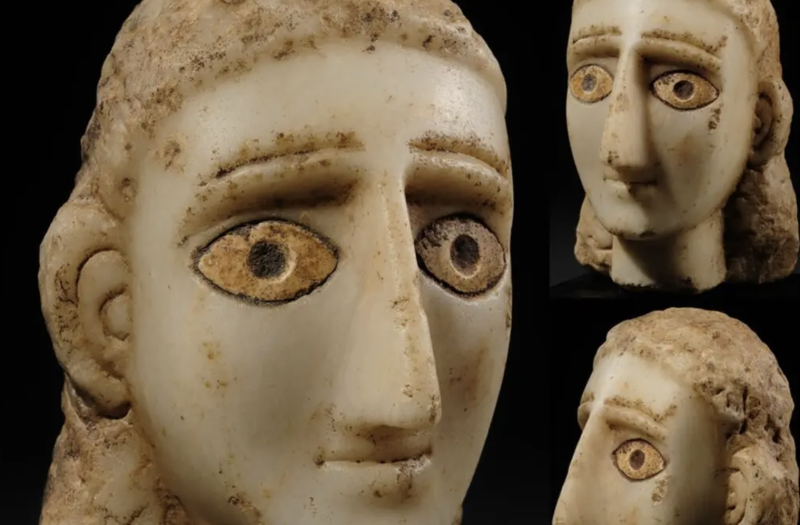Yemeni government takes new measures to curb devaluation of riyal


The Central Bank of Yemen on Monday closed six exchange firms and shops for not complying with its anti-speculation regulations, bringing the total number of outlets blacklisted since Saturday to 60.
The Aden-based bank vowed to crack down on more money traders if they did not abide by the bank’s monetary rules, warning others against dealing with the banned entities.
“The bank calls upon all exchange companies and establishments to exercise caution and abide by all instructions issued by the central bank,” it said in a statement.
Despite the bank’s fresh punitive measures against violators, the Yemeni riyal reached a new record low against the US dollar, falling to nearly 1,400 riyals on the black market.
In the past, the Aden-based bank closed dozens of exchange companies and firms, ordered the other companies and private companies to send their annual financial statements to the bank and asked Sanaa-based banks to move operations to Aden.
On Sunday, the Yemeni Cabinet, chaired by Prime Minister Maeen Abdul Malik Saeed, supported the central bank’s latest measures to rein in the depreciation of the riyal and ordered judiciary and security authorities to implement the bank’s punishing measures.
The Yemeni government also suspended the internal transfer network between exchange companies — known as hawala — and ordered security forces to enhance border checks to prevent the smuggling of foreign currencies outside the country.
Aden Gov. Ahmed Hamed Lamlis on Sunday banned rent being paid with the US dollar or the Saudi riyal in another bid to curb the demand for foreign currencies.
Despite the latest measures, blacklisted entities opened their doors on Monday as the riyal continued to hit new lows amid unprecedented speculative activities by money dealers.
Critics questioned the government’s ability to reinforce the rules or to bring the chaotic market under its control, citing unfulfilled measures during the past five years when the Yemeni riyal began to tumble.
“The bank’s measures did not target currency barons who control the market and are heavily involved in speculation,” a local money trader told Arab News on condition of anonymity.
People in the city of Al-Mukalla, the capital of the southeastern province of Hadramout, told Arab News that local exchange firms sell the dollar at 1,400 Yemeni riyal and buy it at 1,200 riyals.
The devaluation of the currency since last week has led to a historic rise in the prices of basic goods such as rice, cooking oil, wheat and flour, prompting shop owners to barricade their stores as violent protests sparked in some government-controlled areas.
“We are bearing the brunt of the devaluation as we buy our goods in Saudi riyals and sell them in Yemeni riyals. Big traders would not be impacted as they buy and sell goods in Saudi riyals,” a local trader, who preferred to remain anonymous, told Arab News.
Roads were closed and tires were burnt in the southern province of Lahj amid protests against the fall of the riyal and skyrocketing prices.
Last month, at least three people were killed and many others wounded during violent protests against the crumbling economy and currency in several cities in southern Yemen.
Yemeni economists and sociologists have warned that the continuing fall of the riyal would fuel a new round of violence in the liberated provinces, widening the already big gap between the poor and rich and pushing thousands of Yemenis into hunger.
Mohamed Salem bin Jumaan, an associate professor of sociology at Hadramout University, said that the government and local authorities in the provinces must listen to people’s grievances and work on addressing economic woes — including the fall of the riyal — or risk more violent protests.
“Many families are below the poverty line. The middle class no longer exists. Solutions must be found to reduce the level of violence. People block roads and cause violence when they think no one listens to them,” the academic said.

PARIS — The French auction house Placas has announced the upcoming sale of a rare South Arabian alabaster funerary head, believed to originat…

Mukalla — Yemen is set to host its first-ever National Falcon Auction on November 15 in the coastal city of Mukalla, coinciding with World Fa…

Sana'a – A rare alabaster statue believed to depict the head of a princess from the ancient Kingdom of Saba is set to be auctioned in Vienna…